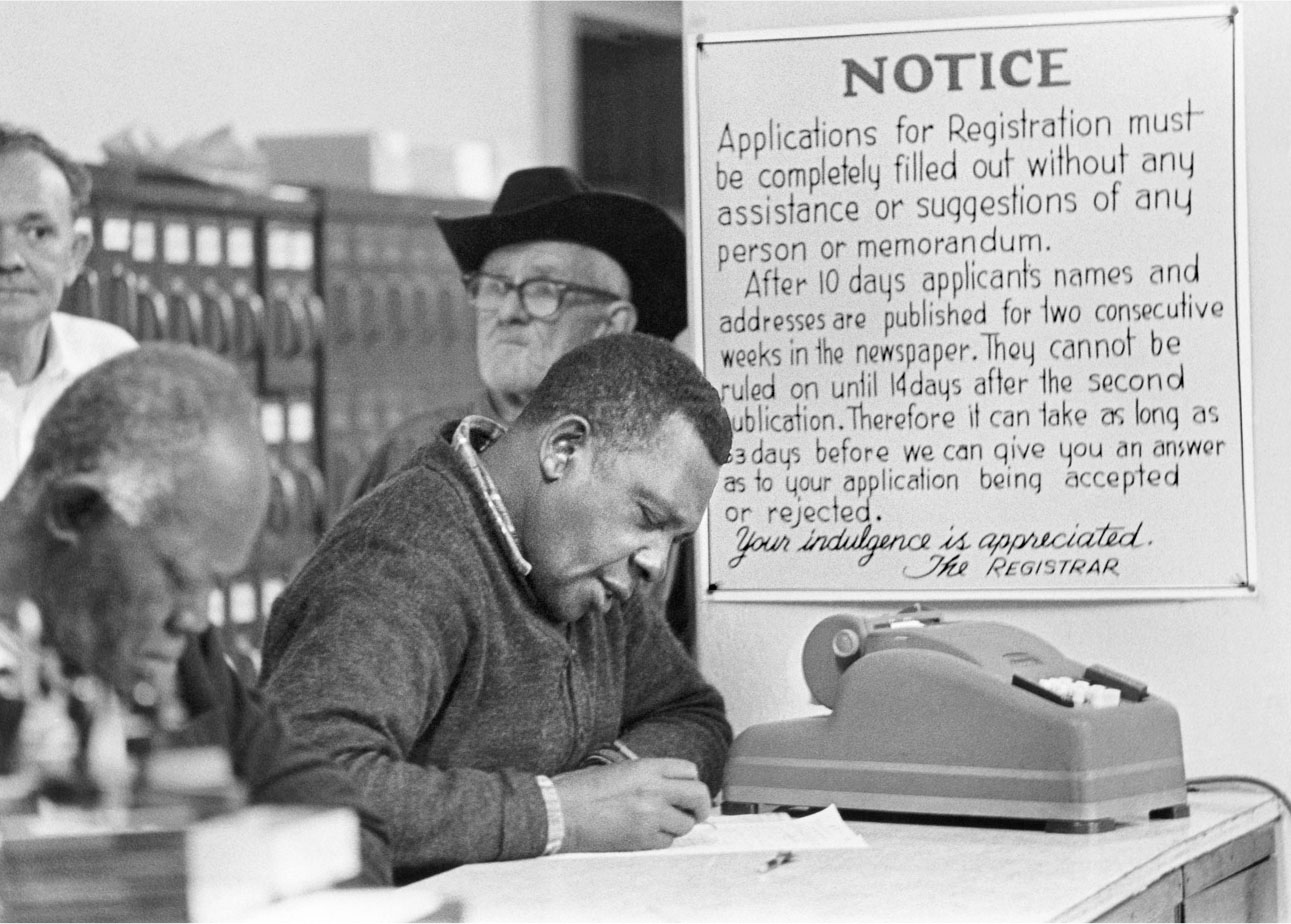A History of World Societies:
Printed Page 985
A History of World Societies Value
Edition: Printed Page 999
America’s Economic Boom and Civil Rights Revolution
The Second World War ended the Great Depression in the United States, bringing about a great economic boom that decreased unemployment and increased living standards dramatically. By the end of the war, the United States had the strongest economy and held several advantages over its past commercial rivals: its industry and infrastructure had not been damaged by war. In the first decades following the war, U.S. manufactured goods saturated markets around the world that had previously been dominated by Britain, France, and Germany.
Post war America experienced a genuine social revolution as well: after a long struggle African Americans began to experience major victories against the deeply entrenched system of segregation and discrimination. This civil rights movement advanced on several fronts. The NAACP challenged school segregation in the courts. In 1954 it won a landmark decision in the Supreme Court, which ruled in Brown v. Board of Education that “separate educational facilities are inherently unequal.” Blacks challenged inequality by using Gandhian methods of nonviolent peaceful resistance. In describing his principles for change, the civil rights leader Martin Luther King, Jr. (1929–

With African American support in key Northern states, Democrat Lyndon Johnson won the 1964 presidential election in a liberal landslide. A brilliant negotiator, Johnson secured enactment of the 1964 Civil Rights Act, which prohibited discrimination in public services and on the job, and the 1965 Voting Rights Act, which prohibited discrimination in voting. In the mid-